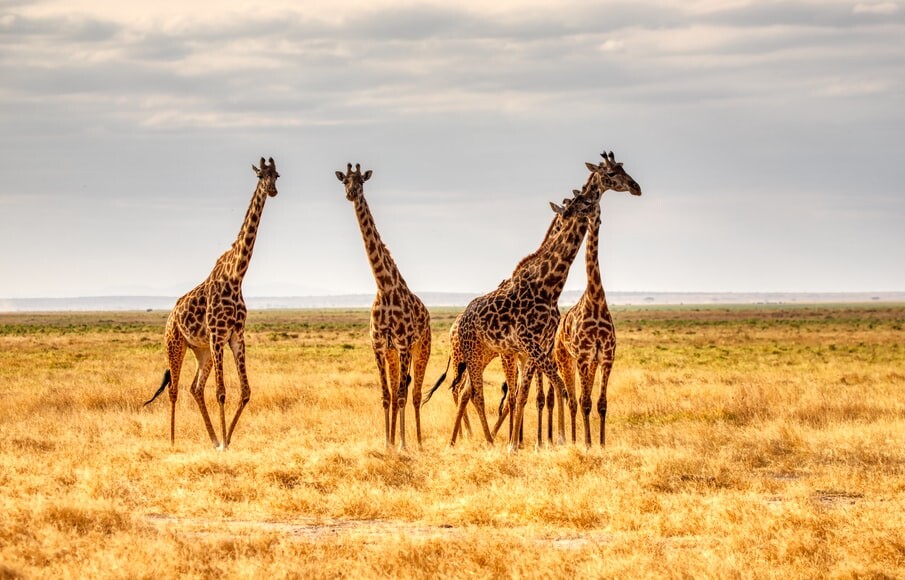How Cute Animal Pics Help Spread Online Misinformation

In more terrible news about how terrible social media can be, researchers and most any right-wing propaganda group on Facebook have shown how posting cute animal pictures can lure people in and make their feeds vulnerable to all kinds of online misinformation and disinformation campaigns.
This here truly is why we can’t have nice things.

It works like this: Prominent accounts from a media company (like their TV or radio stations) or affiliated individuals referred to as “expert coronavirus doctors” or whatever will first post some cute, positive stories about animals doing funny animal things, resulting in instant virality and all the likes because everyone knows that cute little creatures is the only online thing that’ll get people’s attention quicker than porn.
Don't Miss
Cool, so now these accounts have posts with high numbers of engagements — in the form of likes, comments, and sharing— that researchers call “engagement bait” because the algorithm will now favor posts from the same publisher to pop up in users’ social feeds. Because a single publisher can have many different Facebook pages. At one point, Ben Shapiro’s The Daily Wire had around 14 pages on Facebook to help promote his content. Epoch Media has hundreds, and after Facebook eventually started banning some of those pages when it became glaringly obvious that The Epoch Times' incessant anti-China propaganda was being splattered all over Facebook, they started using animal posts to hide but still spread their terrible stuff.
Because that’s how propaganda pages get their dangerous conspiracy stuff to trickle into your daily interests when all you wanted to do was like a picture of a giraffe living its best life, giraffing.

On top of that, added somewhere in the post about a puppy trying to ride a duck, probably, you will often find a link that takes you to a website either known for pushing conspiracy theories or other racist propaganda. And, oftentimes, following these pages will automatically sign users up as subscribers to the publisher’s other, more news-oriented type pages where the BS gets printed right out in the open.
“Liftable Animals” is a Facebook group that posts stuff about animals, but the page is owned by Western Journal, a right-wing publication that spent their time during all of this telling people to drink hydroxychloroquine against the Rona and yelling “Fraud! Fraud!” over the 2020 presidential election in the United States. It’s the type of publication that seems to find sympathy for Ghislaine Maxwell but still spews hate toward Hillary Clinton and will publish incredibly gross cartoon caricatures of Georgian Democratic Stacey Abrams.
But hey, they must be nice people because, look, a baby fluffy.

Zanandi shares cute photos of cats over on Twitter to get you to listen to her many opinions about people. Subscribe Follow her.
Top Image: Mikhail Vasilyev/Unsplash